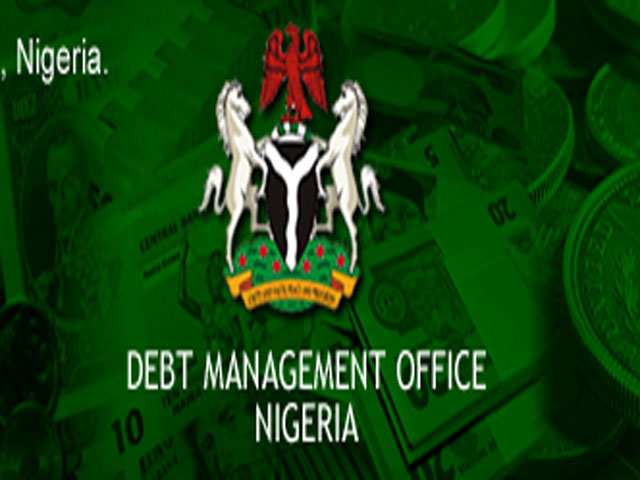Lagos, Rivers and Akwa Ibom states emerged as the three most indebted states in Nigeria, accounting for 29 percent of Nigeria’s subnational domestic debt.
According to the Debt Management Office (DMO), subnational domestic climbed N4.12 trillion in the second quarter of 2021.
Overall, Nigeria’s total public debt stood at N35.46 trillion at the end of the second quarter (Q2), representing a N2.36 trillion increase compared to the N33.10 trillion recorded in March 2021 (Q1)
According to the DMO data, Lagos accounted for 13 percent, representing N533.81 billion of Nigeria’s total subnational domestic while Akwa Ibom accounted for N247.27 billion or 6 percent and Rivers accounted for N213.17 billion or 5 percent.
Other states with alarming domestic debts are Delta, Cross River and Ogun with N205.92 billion, 161.55 billion and 155.57 billion, respectively.
Also, Bayelsa’s debt balance amounted to N150.61 billion, Imo N149.51 billion and Osun State with N133.36 billion.
On the other hand, states like Jigawa and Ebonyi were the least indebted states in Nigeria as their debt stocks stood at N32.60 billion and 43.39 billion. They are followed by the federal capital territory (FCT) with domestic debts of 52.71 billion and Kebbi State with N52.93 billion.
Geographically, the South-West region has a domestic debt burden of N1.07 trillion, accounting for 26 percent followed by the oil-rich region of the South-south accounting for 26 percent (N1.05 trillion), and North-central has a total of N580.24 billion, accounting for 14 percent of the total debt.
The North-west has a debt burden of N517.43 billion or 13 per cent, followed by the North-east N515.19 billion or 12 percent and South-east N386.46 billion or 9 percent, which is the zone with the least debt burden.



